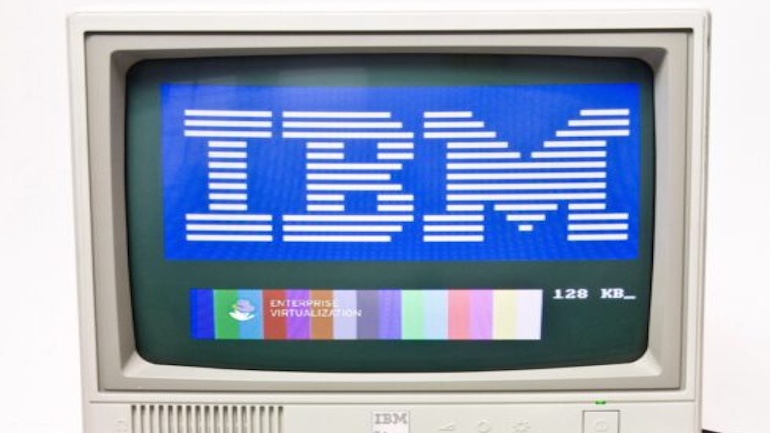
IBM Corp. on Monday said it will pump $150 billion into American investments the next five years, including more than $30 billion in research and development to advance its manufacturing of quantum computers.
The major investment outlay is the latest by Big Tech to support the Trump Administration’s drive for local manufacturing at a time when it is pursuing tariffs that threaten to roil supply chains and significantly raise costs for the tech industry. It also marks a strategic expenditure by IBM amid escalating competition for quantum computers and mainframe systems used for handling big data and critical applications.
“Technology doesn’t just build the future — it defines it,” IBM CEO Arvind Krishna said in a statement Monday, explaining the mega-investment. “We have been focused on American jobs and manufacturing since our founding 114 years ago, and with this investment and manufacturing commitment we are ensuring that IBM remains the epicenter of the world’s most advanced computing and AI capabilities.”
IBM’s quantum computing systems is one of the largest in the world as it attempts to position itself as a leader in the technology, which offers performance thousands of times more powerful than traditional computers.
But it has plenty of company. There’s been a steady drumbeat of companies announcing quantum computing breakthroughs: In February, Microsoft Corp. said it created the world’s first quantum computing chip, Majorana 1, that relies on never-before-seen state of matter that promises real quantum computing within years.
In December, Alphabet Inc.’s Google announced Willow, a new generation of chips it claims “demonstrates error correction and performance that paves the way to a useful, large-scale quantum computer.” The company is touting commercial applications in five years, though many executives remain divided on when the technology will have real-world applications.
One noted skeptic, however, walked back his comments last month. NVIDIA Corp. CEO Jensen Huang admitted the long-anticipated concept could be available in some form in just a few years instead of 15 to 20 years. “Of course, quantum computing has the potential and all of our hopes that it will deliver extraordinary impact. But the technology is insanely complicated,” he said in March.
Meanwhile, Guy Diedrich, Cisco Systems Inc.’s global innovation chief, put a timeframe of 2028 to 2032 in an interview with Techstrong.ai.

